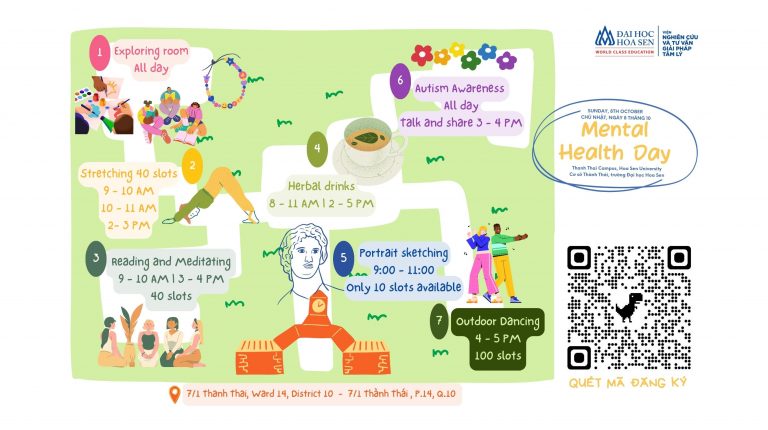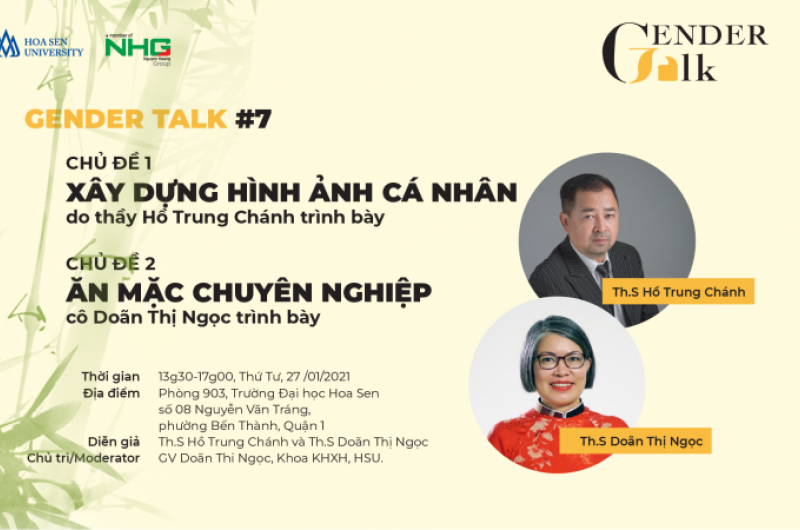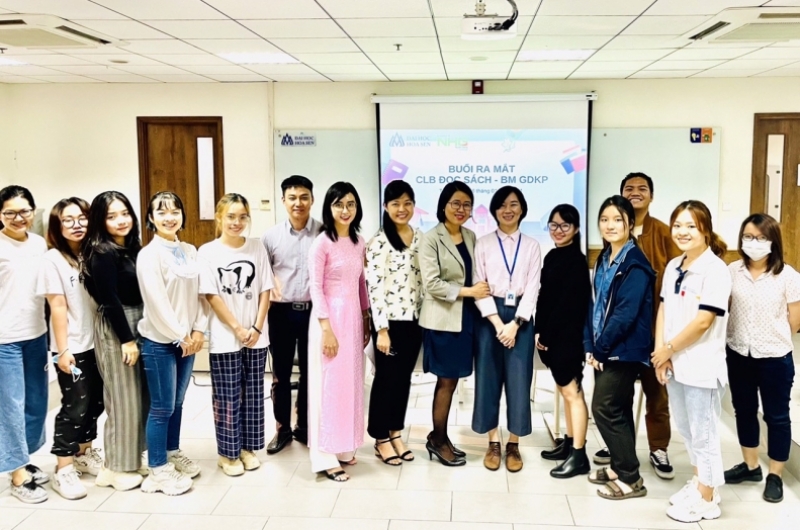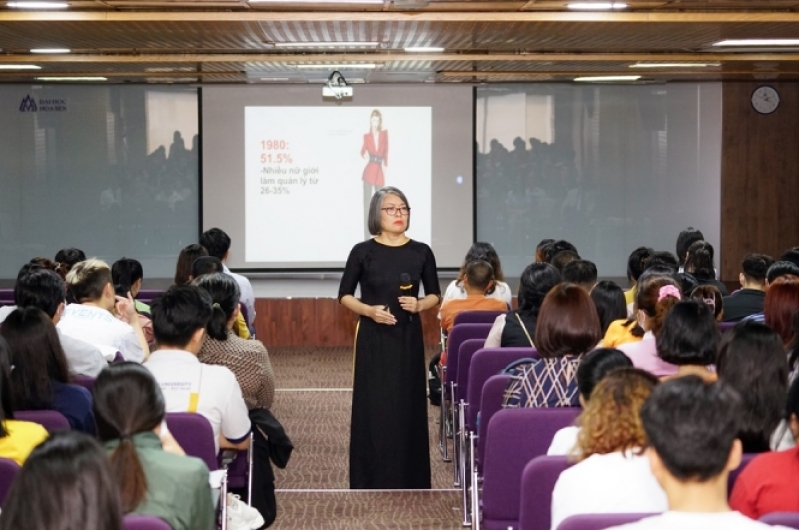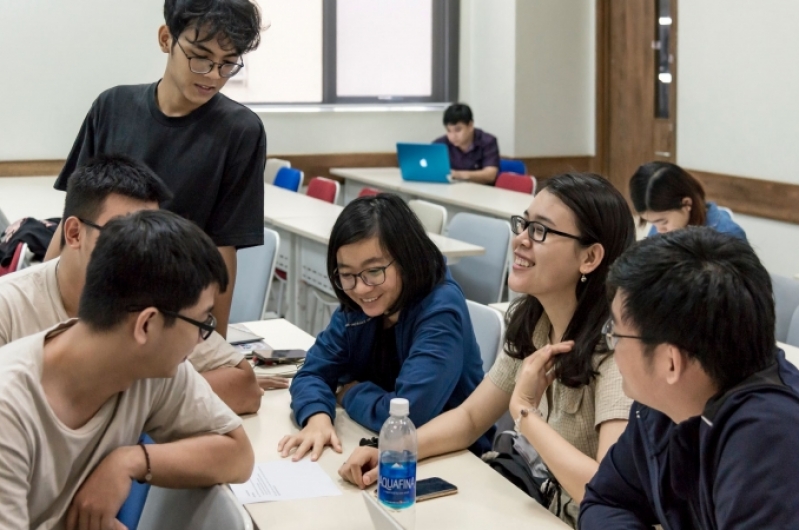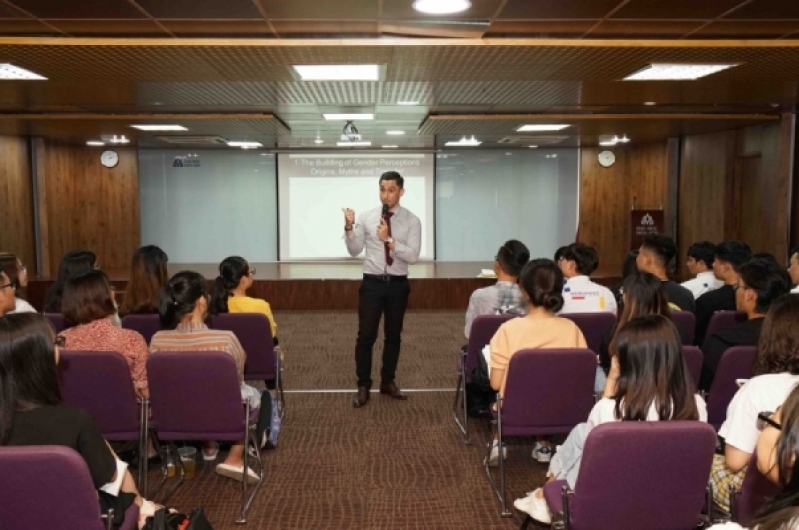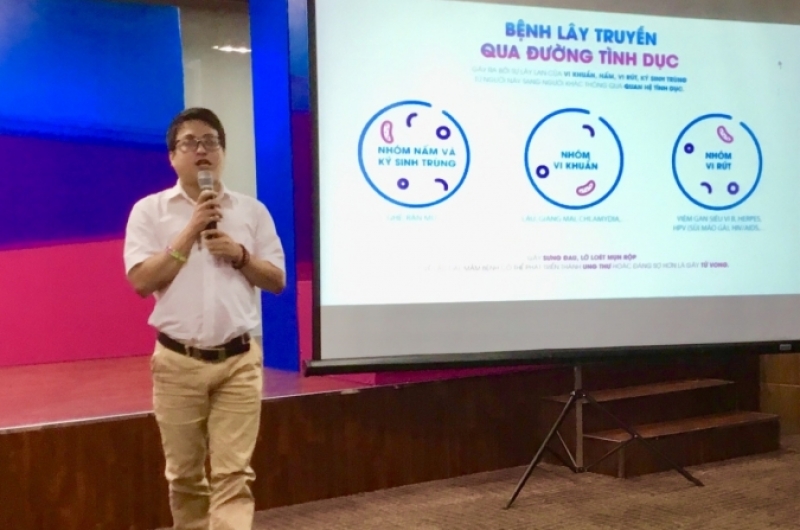Sex education can counter what kids learn from porn, but some teachers fear backlash for tackling ‘risky’ topics
October 1, 2021
Author: Sharon O’Mara – Ph.D. Candidate in Crime, Justice, and Legal Studies, La Trobe University
Kirsty Duncanson – Senior Lecturer in Crime, Justice, and Legal Studies, La Trobe University
Translator: Doan Thi Ngoc – Teacher, Hoa Sen University (HSU)

Thousands of women have come forward with stories of sexual harassment at private school parties in a petition recently launched by Chanel Contos calling for better sex education in schools, especially when teaching more about consent during sex.
Following the March 4 Justice protest demanding better treatment of women in the workplace, in schools, and society, several male students from Melbourne’s private Wesley College came forward. Disparaging comments about women on the bus.
Wesley principal Nick Evans called the behavior unacceptable and said ABC pornography is a source of sex education for many students, and “must be an important part of these conversations.” or discussions” in addressing violence against women.
Sex education would be better if it taught respect and could help counteract what young people learn from pornography.
Our studies of teaching sex education show that some teachers worry about parental fears, negative media, and political hysteria. Unfortunately, the teachers we spoke with considered teaching sexual education “risky.”
As a result, the schools and teachers in our study cut content, omitted some materials, and did not talk about it.
Pornography and sex education
One of the reasons why young people use pornography is to satisfy their sexual curiosity. Much of mainstream pornography features misogyny and problematic sexual behavior.
Author and feminist Andrea Dworkin made the connection between pornography and misogyny in the 1970s. Other feminist studies have continued to demonstrate this connection.
Most recently, sex educator Maree Crabbe wrote that porn conveys a series of deeply problematic messages – about sex… about sex, gender, power, aggression, the body, Sexual pleasure, consent, and race.
She writes:
Porn is an incredibly powerful communication tool. Porn can influence what we like and want without us even realizing it.
School sex program
Between 2016 and 2017, one of the authors conducted in-depth interviews with nine teachers in nine Victorian government schools to explore how students were taught skills to develop positive relationships. Extreme and healthy. She observed the teaching of sex education and spoke with five principals about the issue.
Teachers say that sex is not discussed at home with parents. Instead, students are intentionally seeking information about sex from pornography. This corresponds with Our Watch’s finding that by age 13, almost 50% of boys have viewed pornography.
Teachers expressed concern about students’ dependence on pornography. They talk about students believing that what they see is “the way you should act” or “the way you have sex.” This includes negotiations where consensus is problematic.
“In pornography, you are seeing what young people perceive as consensual,” said one teacher.
Respectful relationships is a program that forms part of sex education in some schools. It has the potential to counteract the misogyny of mainstream pornography.
Respectful Relationships is a collection of evidence-based resources that promote the development and maintenance of healthy relationships of all kinds. These resources are for use inside and outside of sex education classrooms.
All Victorian government schools are required to deliver the Respectful Relationships curriculum as recommended by the Family Violence Royal Commission. Although other schools in Australia can use this curriculum resource.
Specifically, there is a unit designed to “ address the connections between sexuality, pornography, gender, and respectful relationships .”
One teacher said about the program:
Girls can feel empowered by the program […] They can look at their relationship and see if it is a respectful relationship or not.
The teachers we spoke to wanted this curriculum. They have been well-trained to do so. They know their students and this curriculum is resistant to what students learn outside of the classroom.

While one teacher spoke explicitly about how the curriculum empowers girls, another described it as filling a knowledge gap that prevents students from seeking out bad information through alternative sources.
For this teacher, Respectful Relationships supported students in talking to her when they were considering having sex for the first time or when they were experiencing harmful sexual behavior.
So what’s the problem?
This curriculum provides tools for students to navigate gender and sexuality, and for teachers to challenge and even challenge problematic ideas.
But the public debate over Safe Schools – a program aimed at helping schools promote a safe, supportive, and inclusive environment for students including LGBTI students – is at the forefront of their thinking, the Teachers and principals detailed the many ways they sought to reduce parental fears and the negative media associated with sex education.
One teacher said:
This is an overwhelming topic […] it can scare people and they might think, ‘Oh my God, I have a 7th or 12th grade girl at that school.’
Teachers described a moderated curriculum to avoid “riskier” content such as homosexuality and female pleasure. They also removed the words “gender” and “sexuality” from program titles, and parents had limited knowledge about the programs they offered.
During classroom observations, the author witnessed teachers hesitant to engage with important but complex topics such as consent and same-sex intimacy.
The Respectful Relationships curriculum has the potential to counter the misogyny of pornography. By giving teachers the confidence, support, and opportunity to do the job they were hired for, we will likely see meaningful change.
Source:
This article is republished from The Conversation under a Creative Commons license.





